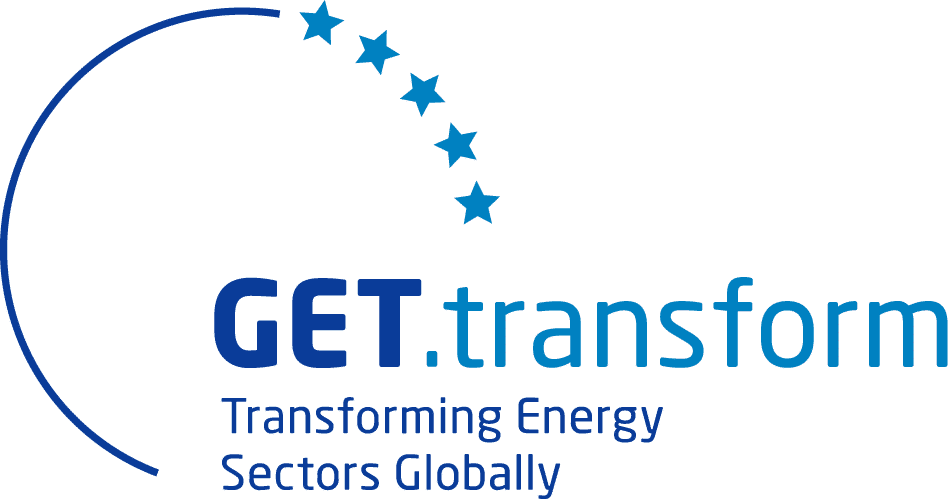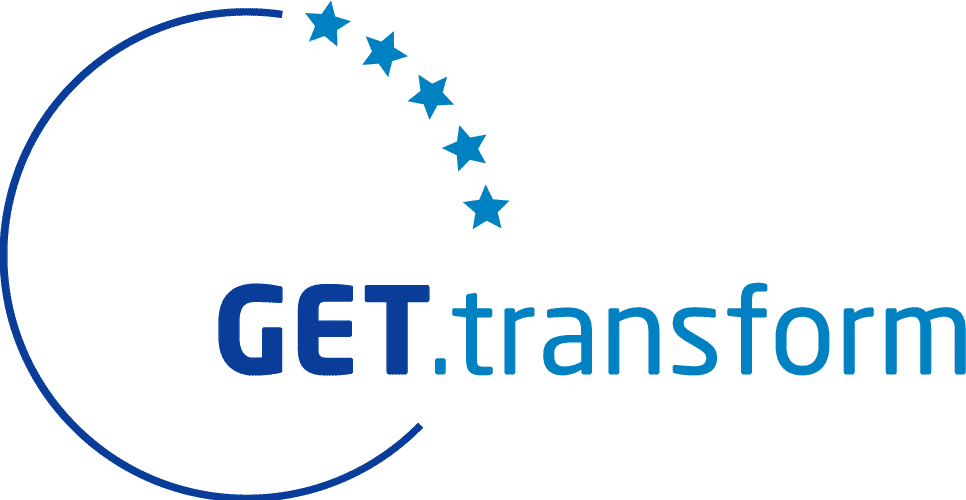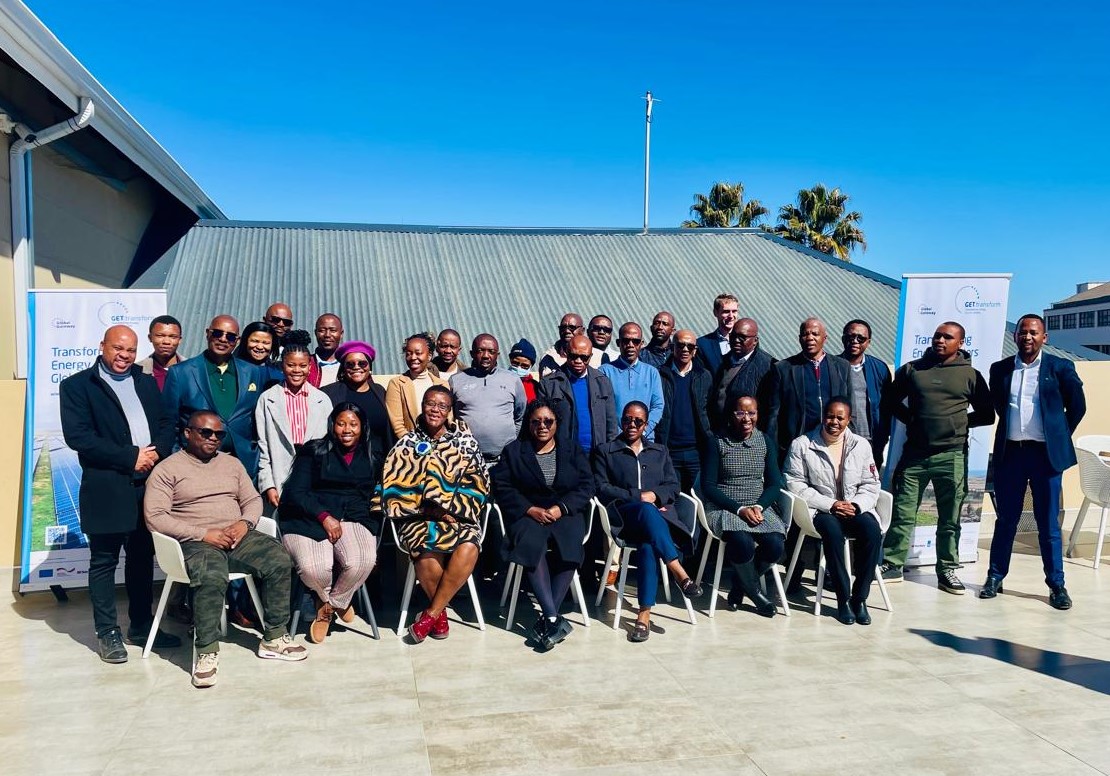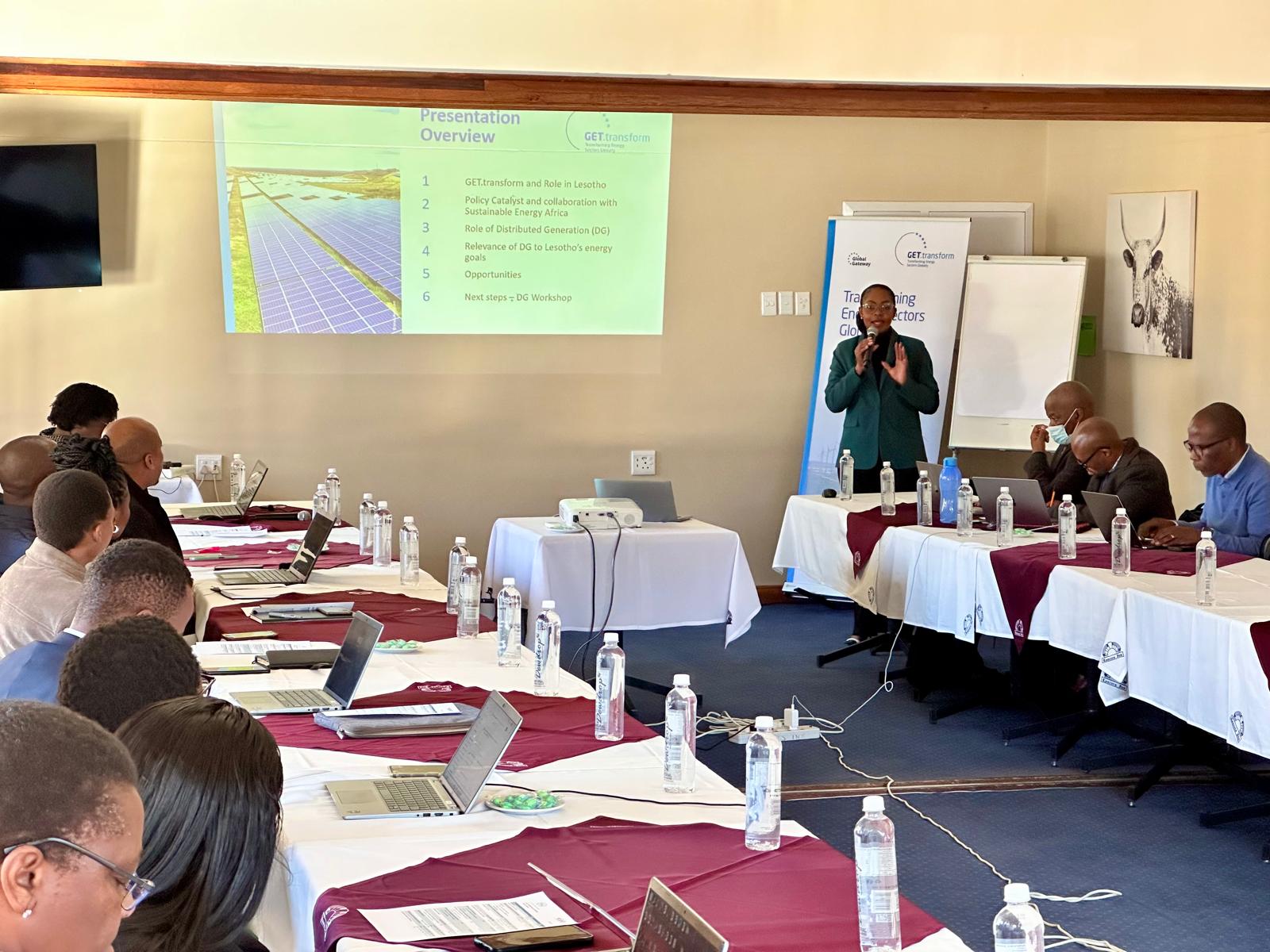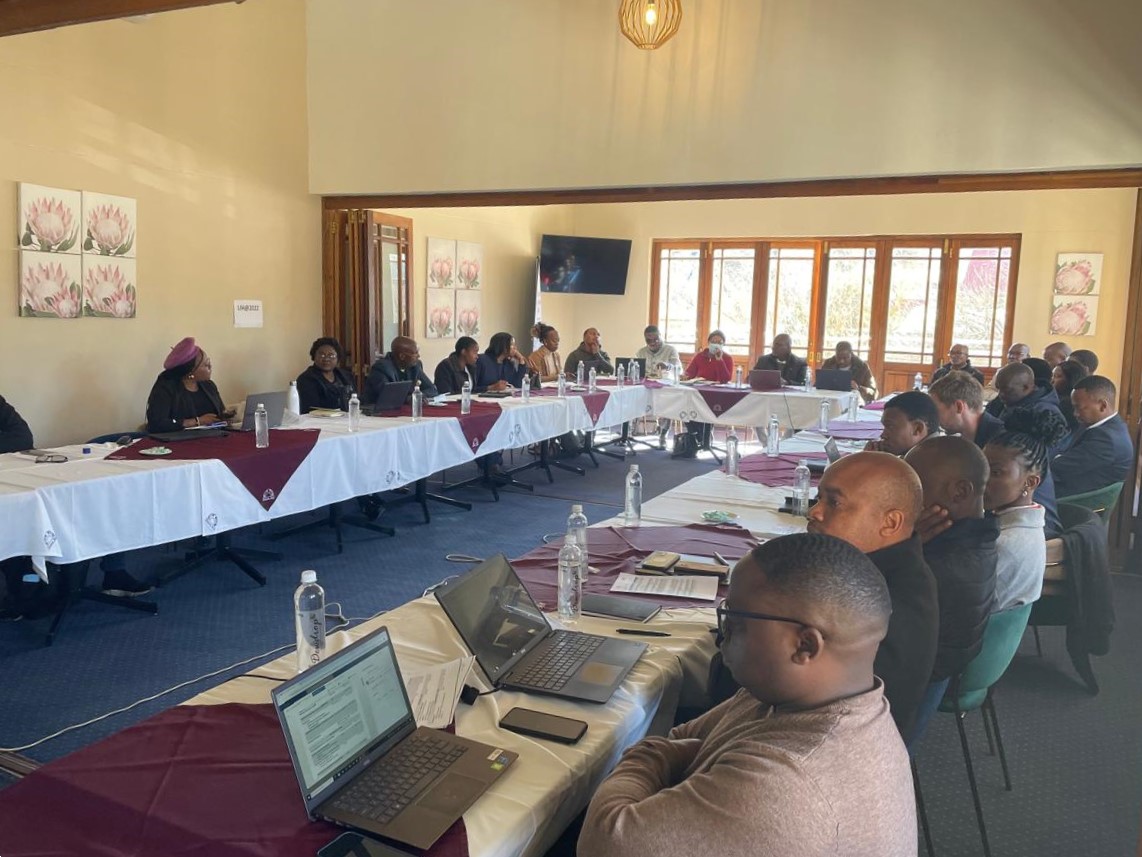From 11-12 August 2025, the Lesotho Electricity and Water Authority (LEWA) hosted a stakeholder engagement workshop in Maseru to discuss the draft Distributed Generation (DG) framework documents. 35 representatives from government institutions, the private sector, civil society, and development partners exchanged views and provided feedback on the proposed DG rules and standards.
The framework under development is set to support the growth of sustainable and decentralised electricity generation in Lesotho by setting clear rules and procedures. The workshop gave stakeholders the opportunity to suggest practical improvements to ensure the framework is workable, inclusive, and responsive to the sector’s needs.
This effort is supported by GET.transform through its Policy Catalyst DG Window being implemented by Sustainable Energy Africa (SEA). Together with the Department of Energy (DOE), LEWA, and the Lesotho Electricity Company (LEC), the programme is contributing technical expertise to develop regulatory rules, standards, and templates that will assist LEC in implementing DG and managing prosumer applications.
In aiming to make the framework as robust as possible, participants highlighted the importance of allowing a grace period for existing DG operators to comply with the new requirements, as well as carefully assessing the potential impact of larger DG systems (around 1MW) on grid stability. The wide participation ensured viable recommendations from public entities such as the Ministries of Energy and Finance, Planning and Development, the Bureau of Statistics, the Lesotho Highlands Development Authority (LHDA), the Lesotho Electricity Generation Company (LEGCO), but equally partners likethe World Bank, the National University of Lesotho Energy Research Center (NUL-ERC), and the Rural Electrification Unit (REU). Further sector perspectives were added through developers including Moruo Development, Mahlaseli Energy, Vision View Holdings, OnePower Lesotho, Hirundo Energy, DyElec Lesotho, and civil society organisations such as Technologies for Economic Development (TED).
LEWA will now consolidate the comments received and publish them on its website for final commentary. The refined framework will then be presented to the LEWA Board for approval, paving the way for adoption and implementation.
This workshop reflects an important step in creating an enabling regulatory environment for distributed generation in Lesotho while also contributing to a wider regional effort in advancing DG in Africa.
